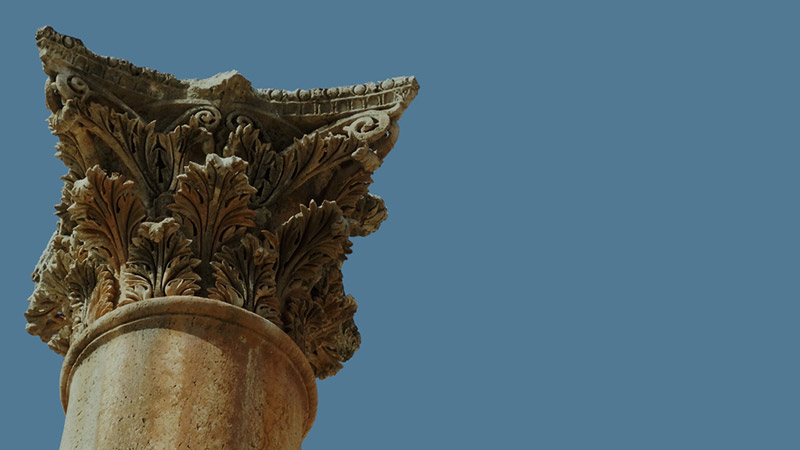Select Marker to See Location Name
You Searched "mount of olives"
-
Volume 15
Volume 15 | A Clash of Kingdoms
-
Volume
15.2 | The Believers
-
Volume 14
Volume 14 | The Mission of Jesus
-
Volume 9
Lesson 9.4 | The Mountain of God
-
Volume 9
Lesson 9.4 | The Mountain of God
- LOAD MORE
- SHOW ALL


















































